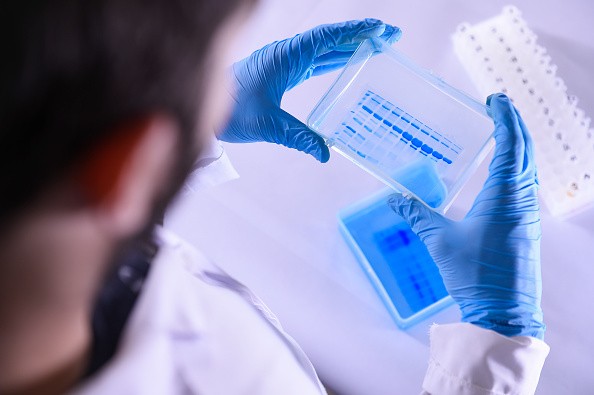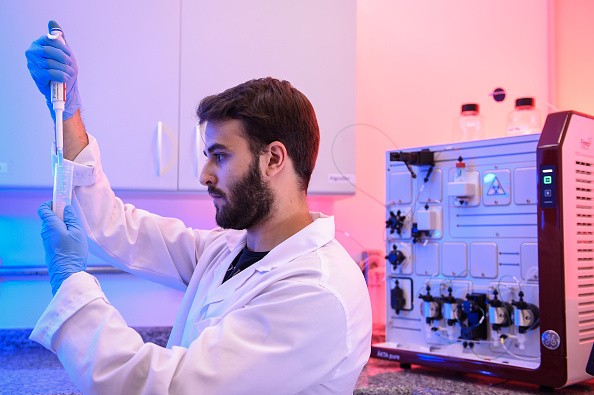Researchers are still having a hard time identifying who is COVID-19 patient zero, the first case of human transmission. However, they may have found a more important discovery.

They claim that the mother of all SARS-CoV-2 genomes is finally identified.
"The SARS-CoV-2 virus is carrying an RNA genome that has already infected more than 35 million people across the world," said Sudhir Kumar, the new study's direct, as reported by SciTech Daily.
He added that they need to identify this viral particle called the "progenitor genome."
The scientist further explained that it is the mother of all SARS-CoV-2 coronaviruses, which are still infecting a huge number of people until today.
Kumar and his research team from the Institute for Genomics and Evolutionary Medicine, Temple University, may have discovered the progenitor genome, which could be used to aid the worldwide molecular epidemiology detective work.
The mother genome
The team of researchers identified 958 synonymous substitutions and 170 non-synonymous, the mutations that cause protein's amino acid change in the mother genome (proCoV2).
Compared to closely-related coronaviruses like RaTG13, which is found in Rhinolophus affanis bats, the proCoV2 has more mutations and substitutions.

Also Read : Experts Suggest Antibodies Could Help COVID-19 Invade Cells Instead of Neutralizing the Virus
According to Medical Xpress' latest report, the scientists also found 49 single nucleotide variants (SNVs) in the mother genome. They further observed these SNVs and look at their global spread, as well as mutational patterns.
What makes proCoV2 different
When the researchers compared the progenitor genome, they found out that it has no genome matches at the nucleotide level. Kumar explained that the mother genome had a sequence different from the reference sequence.
This was first identified in China. It was then deposited into the ISAID SARS-CoV-2 database. He added that the nearest genome to proCoV2 was found 12 days after the earliest sampled viruses. These particles became available on December 24, 2019.
There are also genomes from other countries, which were detected in April, 2020, which matches the mother RNA.
Related Article: US Scientists Develop Nanoparticle COVID-19 Vaccine That Makes Immune Response 10x Stronger
This article is owned by TechTimes.
Written by: Giuliano de Leon.
ⓒ 2025 TECHTIMES.com All rights reserved. Do not reproduce without permission.




